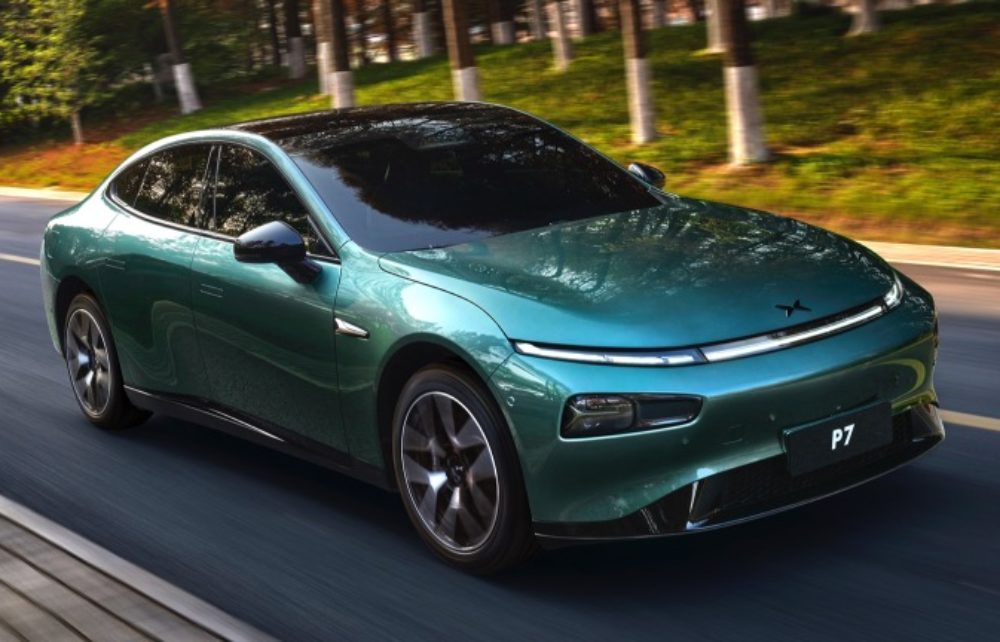About 200.000 imported vehicles were registered in Brazil in the first semester of this year, with Chinese vehicles accounting for 78%, an increase of almost 450% compared to the same period last year, according to official data.
However, data from the National Association of Motor Vehicle Manufacturers (Anfavea) shows, in the first six months of 2024, only 165.300 vehicles were exported, a drop of 28.3% compared to the same period in 2023 and the worst result recorded since 2009, with the exception of 2020, which marked the peak of the pandemic.
“We have the lowest import tax for electric models of Chinese origin among the producing countries, which serves as an attraction for imports above a healthy level of balance,” said Anfavea president Márcio de Lima Leite.
For Anfavea, the drop in exports, coupled with the increase in imports, means that production is falling in the domestic market, with the production growth forecast revised downwards from 6.1% to 4.9%.
On the other hand, the heavy-vehicle sector grew significantly, closing the semester with an increase of 36.5% and sales of 8%.
This pace led Anfavea to revise upwards its sales projections for the year, from 6.1% to 10.9%, for a volume of 2.560 million vehicles.
The association pointed out that much of this growth has been absorbed by imported vehicles, especially from China.




